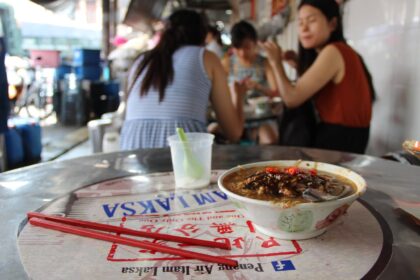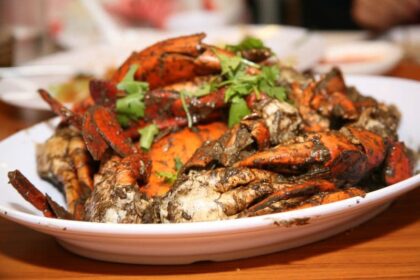In light of this week’s 7.3 aftershock earthquake in Nepal that followed the devastating 7.8 earthquake that struck on April 25 — the combination leaving over 8,000 dead and tens of thousands injured and homeless — supporting disaster relief efforts in this country remains crucial.

But how to do so responsibly–what to give, and to whom?
According to the United States Agency for International Development’s Center for International Disaster Information, the best way to contribute to disaster relief is a monetary donation. On their recent Nepal Earthquake Fact Sheet, they recommend cash over in-person volunteering and item donations for the following reasons:
- It allows those providing aid to secure the exact items that are needed on-site
- It reduces the burden on scarce resources, such as transportation and storage space
- It does not require additional transportation costs
- It can support the economy of the disaster area
- It ensures the support and assistance are culturally, dietary and environmentally appropriate
While some may feel moved to collect domestic supplies to send abroad, this can often burden disaster sites, overwhelming them with goods that may not be necessary or appropriate. Additionally, this can create an unneeded workload, as these sorts of supplies require receiving, organizing and storing.
According to the United Nations’ Flash, only 15% of its flash appeal call for funding has been met, making it clear that financial support is needed. That remaining 85% of unmet need covers areas that include food security, health, logistics, education, nutrition and emergency telecommunications.

Across the board, international relief agencies remind donors to do their homework and donate only to organizations that have proven themselves to be both reputable and effective. Charity International, a 501 (c) (3) charity that seeks to collate and evaluate charities for American donors, created a straightforward, useful guide to responsible donating that includes the following tips:
- Give to a reputable organization
- Avoid telemarketers and email solicitations
- Know the charity and the work they do. For example, what type of assistance do they give and what kind of aid do they provide — immediate or long-term?
- Seek out the organization’s official web site to verify its legitimacy
- Don’t give blindly
- Practice patience, as donations can take time to be used
There are a variety of government and non-government sites that provide ample donation recommendations, many of which include the following organizations: UNICEF, Oxfam International, Save the Children, WaterAid, We Help Nepal, Goonj, Friends Service Council Nepal, the Nepal Red Cross Society and MAP International.
Limited supplies, limited help centers, lack of access to affected rural areas, an upcoming monsoon season, and hundreds of thousands in need makes it clear that Nepal will benefit from immediate and future domestic and international support in the wake of this cataclysmic natural disaster. How will you do your part?
Also Check Out:
New Project Focuses On Next Generation Of Agricultural Leaders
How Blue Marble Ice Cream Is Making Saving the World A Little Tastier
Do you have a cultural recipe to share? We’d love to hear!
Latest posts by Paige Sullivan (see all)
- Holiday Treats & Christmas Traditions Around The World - Dec 19, 2016
- Handouts In Developed Nations: Advice For The Responsible Traveler - Jun 7, 2016
- 5 Immersive Culinary Enclaves To Savor In NYC - Feb 18, 2016
- Traveling Responsibly & Protecting Fragile Environments - Jan 9, 2016
- Can Tiger Tourism Be Responsible? - Jan 9, 2016





